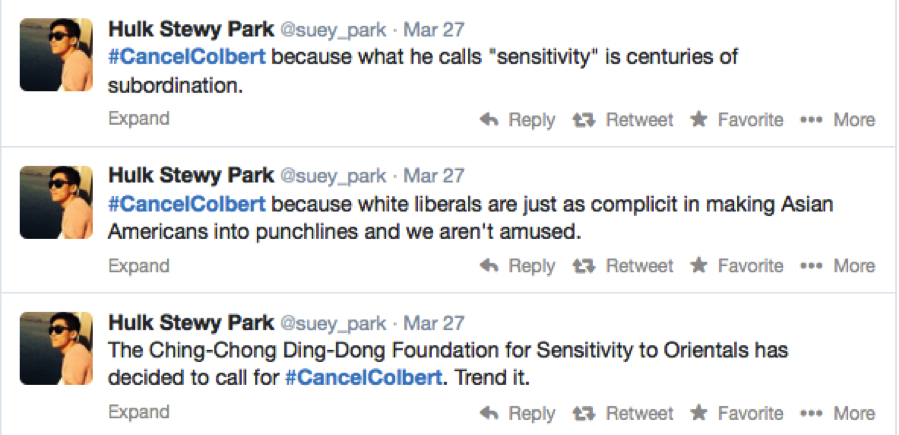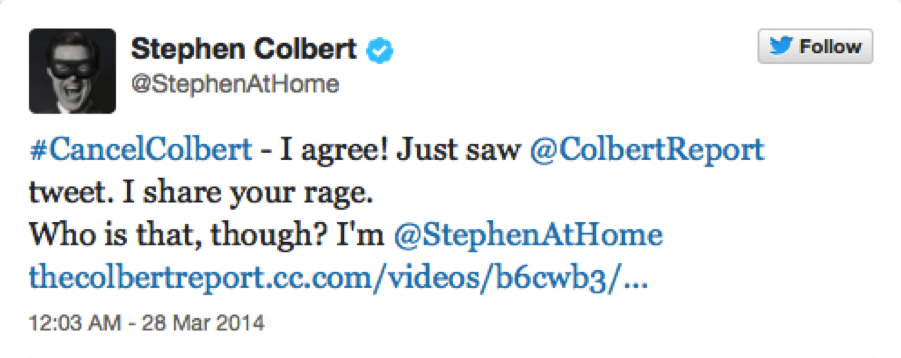As I read a local paper, the Oregonian on an early morning flight from Portland to Madison in early March 2014, I came across an op-ed that reflects an increasingly common position that I have to admit still strikes even me (a snarky radical queer) as surprising when publicly stated. A representative from the Young Conservatives of Oregon, Xander Almeida, lamented a recent decision by one of Oregon’s leading gay and lesbian organizations to take the case of gay marriage through the courts instead of letting Oregonians vote on a measure in a popular referendum. While Almeida notes that Oregon approved a ban on same-sex marriage in 2004, and further suggests his worry about popular votes on civil rights matters, he believes that this time it is the right thing to do. He makes this claim based on two reasons. First, Oregonians, in line with the current trend around the United States, will vote for equality. Second, in choosing to take the more expedient route through the courts instead of the slower path of allowing the voice of the people to speak, gay and lesbian activists are adding more fodder to conservative fires against “activist judges” who legislate from their benches.
Almeida clearly notes a strong gesture of alliance that would be possible for gay marriage advocates to offer to conservatives if they followed the methods of democracy and not the courts. What is additionally interesting here is the very boldness of a conservative activist offering advice to a supposedly liberal cause, not in the spirit of sarcasm or snark, but in genuine sincerity. This article is just one example in a current rhetorical explosion of conservatives coming out on the side of gay marriage, in support of military integration of gays, lesbians and bisexuals, and in recognition of violence done to LGBT youth. Why the turn, or is it a turn at all?
In the realm of public discourse, conservative support of LGBT rights has historically been minimal. In fact, usually, the surest way to gain conservative enemies would have been to express support for LGBT rights. Only when pressed due to hypocrisy as in the case of someone like Dick Cheney who has a lesbian daughter, would conservatives admit their moderate support of LGBT people, and perhaps their rights. But, publicly this has changed. Republicans including Utah’s Jon Huntsman, Rob Portman from Ohio, and others have gone on the record affirming gay and lesbian rights. The public shift in rhetoric can, on the one hand, be attributed to the success of the calculated and strategic campaign of the national gay and lesbian rights movement, especially its argument for “marriage equality.”
This public shift could also reflect what queer activists and scholars, including my friend and collaborator Yasmin Nair have long contended: Gay Marriage IS a Conservative Cause. As Nair argues in her essay of that name, “Nothing that the left, progressives, or liberals have stated in support of gay marriage has ever been anything but a profoundly conservative argument. Gays and lesbians should be allowed to marry for healthcare? That simply shores up the power of the neoliberal state, compelling people to marry and take on the burden for their own care, instead of creating, for instance, a system that grants life-saving benefits to everyone, regardless of marital status. This is a matter of ‘simple equality?’ How is a system that systematically denies those same benefits to single people ever anything but fundamentally unequal?” Nair’s laments highlight the dangers of what Lisa Duggan has called “homonormativity” which describes how many relatively privileged (usually white, middle class, cisgender, US citizen, monogamously-coupled) gays and lesbians exist in a depoliticized realm as consumer citizens who simply want the same rights as straight people with whom they share all those other privileges. This is, in fact, what the infamous gay conservative Andrew Sullivan has argued for since the 1990s: marriage equality is a sure way to domesticate all those unruly queers.
If gay marriage is a conservative cause already, what makes this turn of interest to rhetoric scholars such as myself is that it is an interesting case to highlight the deeply conservative logics that undergird seemingly progressive movements in the United States, the limits of their strategies, and the plethora of questions they are not asking. Instead of registering as a victory, does conservative support of liberal causes like gay marriage suggest entrenched flaws with the approach of the mainstream movement? How will conservative support lead liberals to make even further conservative compromises in order to solidify such support? Who will be further abjected and made vulnerable by this domestication?





